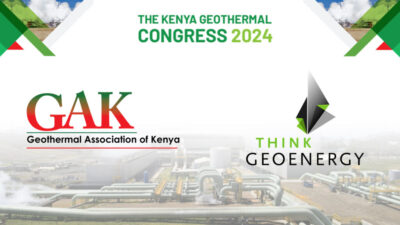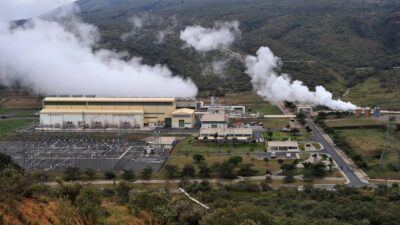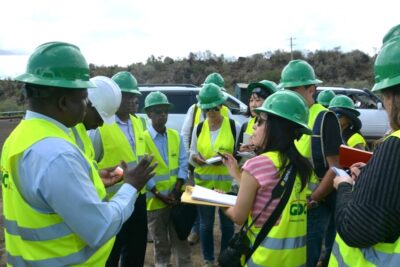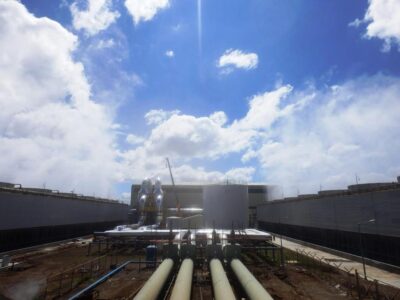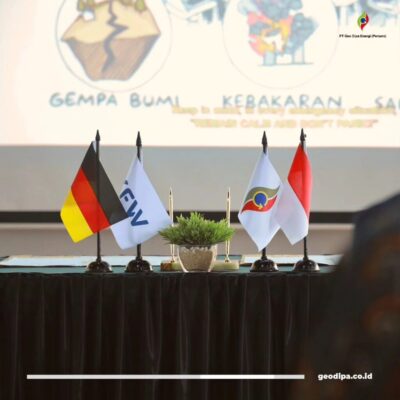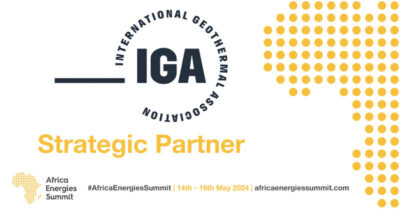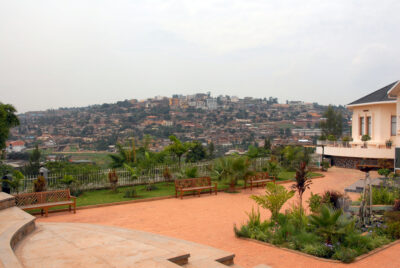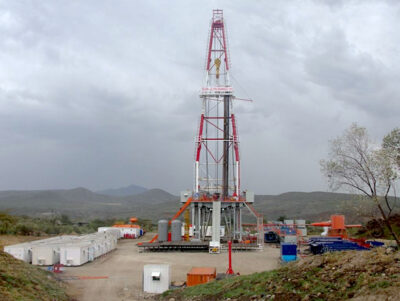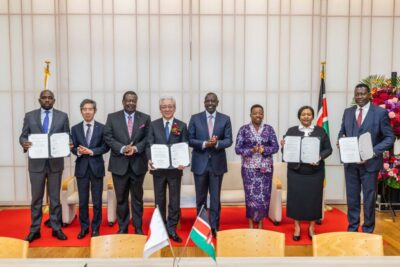Kenya: KenGen eyeing US$3.7 million in carbon credit proceeds
Kenyan KenGen is eyeing at least Sh300 million (US$3.7 million) before the end of 2012 as proceeds from the carbon market deal it signed with the World Bank in 2006.
Reported from the country, “Kenyan companies are missing billions of shillings in new revenue because of lack of expertise to develop projects that help reduce carbon dioxide emissions and therefore earn from the global carbon trading market.
The global carbon trading market, which rewards projects that help reduce emission of carbon dioxide into the atmosphere, is now worth estimated Sh12.5 trillion ($170 billion), according to industry data provider, Carbin Point, but only a very small fraction of this money, estimated at two per cent, is coming to Africa.
“We are not getting enough projects in Kenya. People are aware, but the proposals they present are poorly done,” said Tom Owino, of JP Morgan Climate Care, which helps corporate and non-profit organisations earn from the carbon market.
Proposals that are coming from Kenyan companies are requests for money to finance the intended projects with owners hoping to raise all the project money from the organisation which will buy the emission reductions.
This is not supposed to be the case, Mr Owino said, because the serious project proposals must have part or all of the financing requirements.
The proposal must also be accompanied by a good business plan that can raise the appetite of banks to finance the project.
Banks in Kenya are yet to start active financing of carbon trading projects partly because of lack of skills needed to evaluate financing risk of such projects.
KenGen is eyeing at least Sh300 million (US$3.7 million) before the end of 2012 as proceeds from the carbon market deal it signed with the World Bank in 2006.
The company is seeking to earn the credits from the development of Olkaria II Unit 3 Project which is expected to produce 35MW of electricity when it starts operation around May 2010.
Jane Watiri of the Green Earth Trust, which is helping organisations design carbon market projects and guide them how to earn from those projects said there is a huge pool of investors ready to finance viable projects that make business sense.
“From our experience, financing a carbon trading project is not a problem. The only problem is getting a project that is viable on a project proposal that makes business sense,” said Ms Watiri.
One CER costs $10 or Sh760 based on Wednesday’s exchange rate. But this price changes depending on the players involved.
National Environment Management Authority (Nema) is charged with the responsibility of being a focal point in coordinating carbon market projects, but the industry said the authority is not visible in the Kenya’s carbon market circles.”
Source: Business Daily







